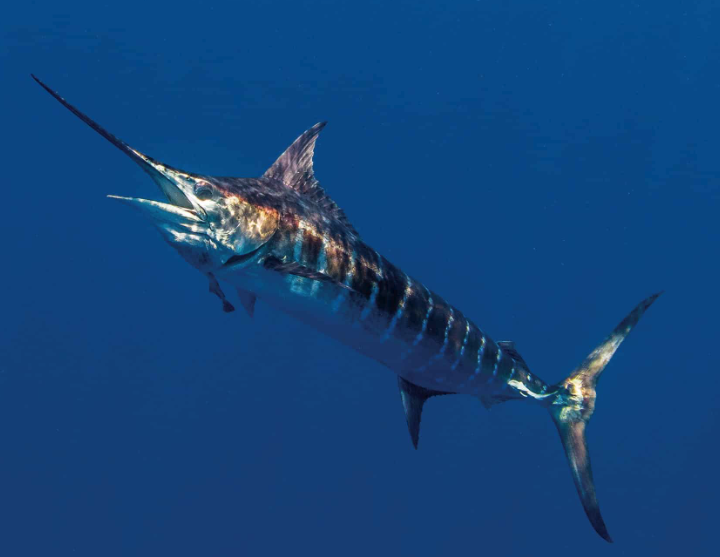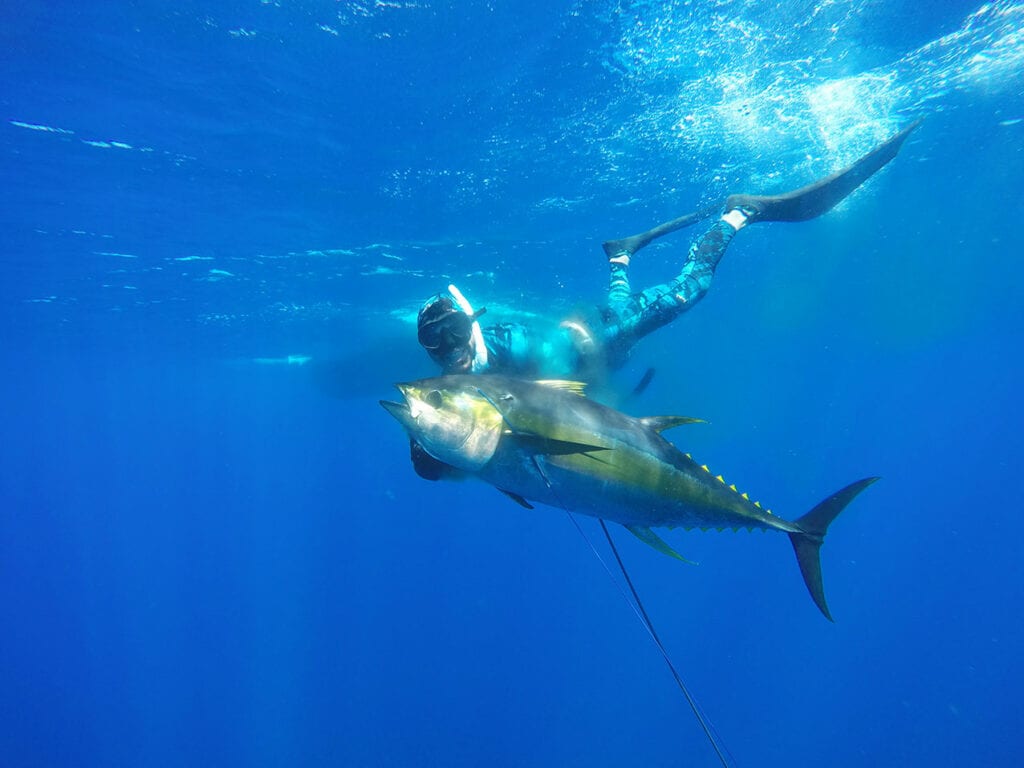There are many different reasons why millions of people are drawn to the ocean to scuba dive each year. Among these reasons include the search for adventure, the opportunity to immerse oneself in stunning marine environments, and the freedom to explore the depths below without being inhibited by one’s lung capacity. On the list of motives for scuba diving, improving one’s health might not even come to mind. However, there are many mental and physical health benefits to scuba diving that might surprise you. From decreasing stress to improving aerobic fitness, the benefits of scuba diving extend far beyond getting a glimpse of breathtaking marine environments. To learn more about the top health benefits of scuba diving, continue reading.
Improved Aerobic Fitness
One of the most obvious health benefits of scuba diving is the workout that it provides. Swimming is one of the best forms of aerobic exercise, which is crucial to one’s overall health. Regularly engaging in aerobic exercise has many health benefits, such as improved cardiovascular efficiency, reduced blood pressure, regulated weight, and improved sleep. Since you need to engage in regular cardio exercise, you might as well do it in a beautiful underwater environment.
While scuba diving, you can burn a comparable number of calories as you would doing a cardio exercise for the same duration of time at the gym—without the boring scenery. This incredible workout is largely due to the resistance and pressure of the water, which requires all your muscles to work at once in order to effectively maneuver through the ocean.
Increased Muscle Strength
In addition to providing a quality aerobic workout, scuba diving is also a good anaerobic exercise. Swimming through the water—and especially against the current—allows divers to build lean muscle mass in a variety of different areas, such as their back, glutes, thighs, core, and arms—pretty much any muscle group you can think of. As such, scuba diving is a great way to get in a full-body anaerobic exercise while placing minimal strain on one’s joints. The best part is, you’ll barely even notice that you’re exercising, as you’ll be too distracted by the stunning aquatic scenery surrounding you.
Improved Blood Circulation
Without good blood circulation, oxygen and blood cannot circulate properly throughout the body, which means one’s muscles and organs—such as the brain, lungs, heart—won’t be able to function effectively. Those with poor blood circulation have an increased risk of developing illnesses and diseases since white blood cells won’t be able to be properly transported throughout the body to fight off disease. In addition, poor blood circulation also inhibits cell growth and can reduce the health of one’s skin.
Because of the many risks involved with poor blood circulation, one’s circulation must remain at a healthy level. Fortunately, scuba diving can help. As you dive beneath the surface of the water, your body is exposed to a pressure gradient. This gradient causes all the muscles in your body to work at the same time. Thus, your blood vessels will open to supply them with the oxygen they need, which will, in turn, improve blood circulation throughout the body.
Better Stress Management
Stress can negatively affect both your body and your mind. Elevated stress levels have been known to result in increased feelings of anxiety, headaches, nausea, trouble sleeping, fatigue, high blood pressure, depression, and heart disease. Scuba diving has been shown to produce significant stress-relieving effects, which are largely a result of the breathing techniques employed while on a dive. While scuba diving, one must employ slow, deep breathing techniques in order to conserve and optimize air consumption. Such breathing patterns are similar to the ones used in meditation, which are known to help reduce one’s heart rate and promote a feeling of calmness. In addition to the breathing patterns used in scuba diving, the tranquil underwater environment that you’re immersed in is also beneficial for promoting calmness and reducing stress.
Lowered Blood Pressure
High blood pressure can be extremely dangerous, as it can increase one’s chances of having a stroke or heart attack among other health complications. Several aspects of scuba diving help contribute to lowering the blood pressure of divers. For example, the deep breathing techniques as well as the exercise that your circulatory system gets while scuba diving are effective in reducing your blood pressure. By scuba diving regularly, you can help reduce your blood pressure and get it closer to a healthy level. However, you should always speak with your doctor when it comes to finding effective ways to reduce your high blood pressure.
Booking a Scuba Diving Trip
To receive the many mental and physical health benefits that scuba diving can provide, consider booking a scuba diving package and stay at our Private Island Resort, Selva Terra. Located on the Gulf of Chiriquí in Panama, our award-winning resort is perfectly situated near some of the top dive sites in Central America. Our dive tours allow you to swim with incredibly diverse wildlife over ancient coral reefs in crystal-clear water at sites such as Coiba Island, Isla Ladrones, and Isla Secas. In addition to diving, we also offer stunning accommodations in beachfront bungalows and villas as well as a wide variety of different tours and activities. Book your stay today!




